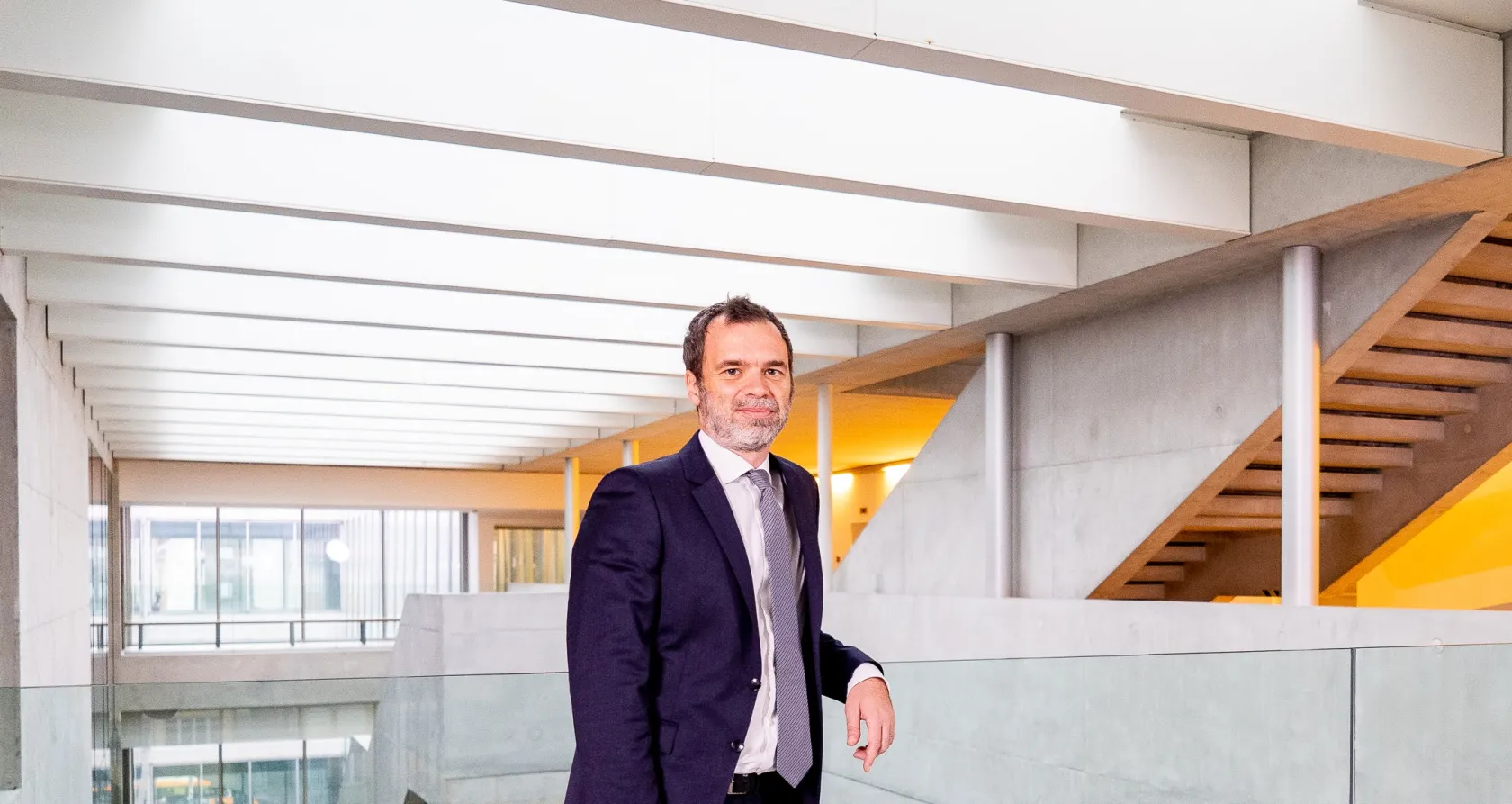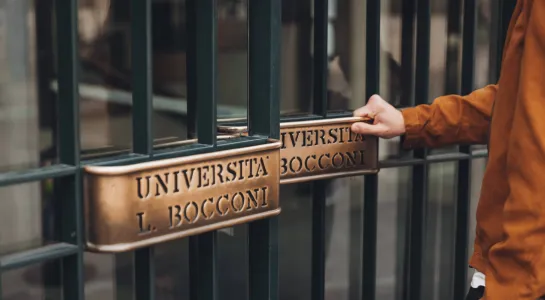
Observing Reality to Make School More Equitable
From one end of Italy to the other, Bocconi is committed to helping achieve the goal of more equitable schools, beginning with research. Two projects aim to smooth the high school choice process (in Milan with the WideHo project) and improve students' skills (from primary to high school) in Italian and mathematics (in Calabria with the RecAppCal project). The two projects in their early stages involve about 100 Italian schools between them.
In the schools of Milan with the WideHo project...
Some 300 first, second and third grade classes in at least 30 middle schools in and around Milan will be involved in the Widening the Horizons (WideHo) project, curated by Selene Ghisolfi, Giovanna Marcolongo and Diletta Savoldi Bellavitis, promoted by Bocconi Social Inclusion Lab and funded under the MUSA (within the National Recovery and Resilience Plan). In the first two years of middle school, some classes will be involved in specific information initiatives on high school educational pathways, while in others the students will attend informational lectures on the job market. At the end of the following school year, when students have to choose which high school to enroll in, it will then be possible to understand which social profiles have benefited more from better information on educational paths in terms of a choice less influenced by undue conditioning factors, with the goal of eventually making this tool available to all schools that request it.
As Selene Ghisolfi explains, “The choice of a course of study plays a fundamental role in the personal and professional lives of every young student, but many young people make educational choices mainly under the influence of information passed on by their parents, without knowing much about any high school path that might better fulfill their passions and aptitudes. This is also because junior high schools have free rein in organizing guidance activities, with the result that schools with fewer resources (and, therefore, especially in difficult neighborhoods) may end up doing too little. This inevitably leads to consolidating social inequalities instead of reducing them and, as a result, to a waste of talent that harms individuals and the wider community as well.”
“Guidance activities are often crammed into a limited time span. It can be hard to combine awareness of one's own aptitudes, information gathered and advice from parents and teachers in such a short time. Hence the idea of trying to do something as early as the first year of middle school,” Giovanna Marcolongo further says. “The risk is that such a momentous choice as that of which high school to attend does not take into account the full range of possibilities available but is based on a partial vision filtered by the economic and social context which each child happens to be in. The result is the risk of perpetuating inequality and undermining the role of school as a social elevator.”
... and in Calabria with RecAppCal
The RecAppCal (Recovery of Learning in Italian and Mathematics in Calabria) project is driven by various needs: to strengthen the basic skills of Calabrian students, to redress cultural, economic and social disadvantages, to ensure territorial rebalancing and to reduce school dropout. The project, a collaboration between various institutional and university partners, is overseen for Bocconi by Paolo Pinotti and Francesco Billari, in the Department of Social and Political Sciences, and Noemi Facchetti from the CLEAN unit of the BAFFI Bocconi Research Center.
The operational objective of RecAppCal is to improve the educational outcome of Calabrian students through the consolidation of basic skills in Italian and mathematics. The project includes 100 additional hours of these subjects per year in 70 schools throughout Calabria, in the year prior to sitting for the nationwide INVALSI tests, which would then serve as validation of the project's results. The resources earmarked for this project are quite substantial, with an investment of 5 million euros spread over the 2024-2025 and 2025-2026 school years.
There are various parties involved in this project. They include the Ministry of Education, the Regional Education and Right to Study Agency, the Region of Calabria as the funding body and coordinator of the activities, the various universities located in Calabria, and Bocconi University, which will be tasked with analyzing and presenting the results. According to Paolo Pinotti and Noemi Facchetti, “there is a very cooperative attitude among the different actors, including the schools, which makes us rather optimistic for the continuation of the project. This is something that could not be taken for granted at all, since this is after all a project in which schools are being evaluated.”
